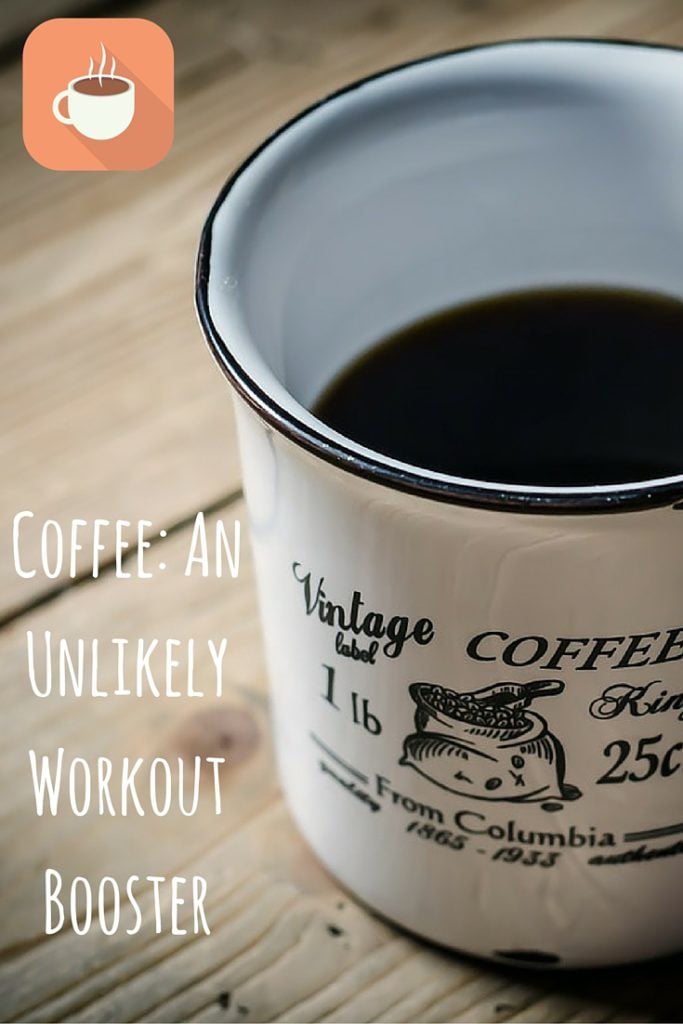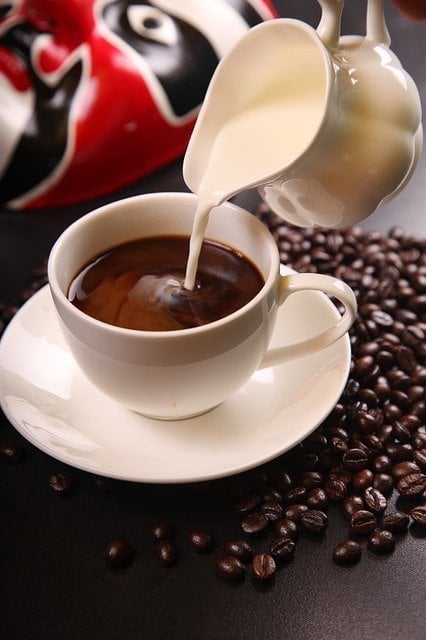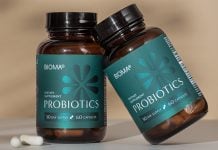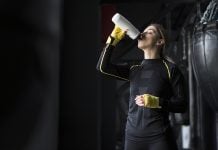
Is Coffee a Workout Booster?
Have you heard about the latest craze in workout boosters? Nope, it’s not some expensive supplement, it’s coffee! Check out how coffee can be your workout booster and help you get results!
Give this workout booster a try
Most of us with busy schedules and an active lifestyle know how difficult is to muster up the time and the energy to regularly workout. Workouts are usually pushed to early in the morning or in the evening.
Inevitably this means that you’re often tired before you’ve even started with many people turning to supplements. Supplements are used to bolster performance and have become a huge industry…
There is another workout booster that is already part of our lives without us even knowing it. Coffee.
How does it affect your body?
Feeling tired and sleepy before your early morning run? Caffeine is a nootropic, which means it alters brain function by affecting our neurotransmitters. Caffeine blocks the neurotransmitters responsible for sedation and relaxation, thus keeping you more focused and giving you an edge.
But in addition to this, it is also a powerful fat burner. Consuming coffee before exercise leads to the body’s consumption of fat cells instead of glycogen for energy.
 A recent study in Japan has shown that people who drink regular coffee experienced a 30% increase in blood circulation directly after ingestion as compared to the decaf coffee drinkers. Better circulation implies better tissue oxygenation, which means a better workout for you.
A recent study in Japan has shown that people who drink regular coffee experienced a 30% increase in blood circulation directly after ingestion as compared to the decaf coffee drinkers. Better circulation implies better tissue oxygenation, which means a better workout for you.
Pain reduction is another added benefit for those doing high-intensity training. Recent independent studies conducted by the University of Illinois and the University of Georgia have shown that caffeine doses that are equivalent to two or three cups of regular coffee reduced the level of post-workout perceived pain.
This means you can push a little bit harder in those high-intensity sessions.
Improving Your Workouts
A 2005 study, published in the Scandinavian Journal of Medicine and Science in Sports, showed that caffeine reduced the level of perceived exertion making workouts feel more enjoyable and easier.
Furthermore, caffeine improved participants’ exercise performance by 11%, which is a result of the reduction in the perceived exertion during the session.
Caffeine also helps reduce age-related muscle degradation. Studies by Coventry University have shown that caffeine stimulates the release of a growth factor that supports neuromotor in your muscles. Neuromotor degradation forms part of the age-related muscle atrophy process. This means caffeine helps offset age-related muscle degradation leading to more strength and fewer injuries.
Recently The Journal of Applied Physiology published that consuming coffee with your recovery meal boosts post-workout Glycogen (your body’s muscle food) levels by 66%, which is especially beneficial to endurance athletes.
So how much coffee should I drink?
We all know that drinking too much coffee has a few side effects like anxiety, nausea, and inability to sleep. Coffee may be a diuretic, but its effects are marginal. However, you should be mindful, especially on very hot days. Coffee does a lot of good for your workout, but in excess can be quite counterproductive.
First of all, it’s not just how much coffee you should drink for it to be beneficial, but also how you take it. Any health benefits are negated by the addition of milk, creamer, sugar, or artificial sweeteners. Coffee over isolated caffeine is also preferred.
The various antioxidants, bioflavonoids, vitamins, and minerals found in the coffee bean help counteract any of the harsher effects of caffeine. A study by the University of Oslo has shown that coffee beans have anti-inflammatory and anti-aging properties.
Drinking coffee

When possible have freshly ground organic coffee. Try to limit your intake to two to three cups a day as more has no added health benefits (and could quite possibly lead to caffeine addiction). Loosely speaking (since it really depends on how you measure it) light roast has more caffeine than the dark roast.
The way coffee is dried and roasted is very important to its nutritional content. Roasted coffee has a higher number of neuroprotective agents than unroasted (green) coffee. Dark roast has additional health benefits of light roast showing improved weight loss and helps in curbing the production of excess stomach acid.
Drink coffee before your workout for maximum benefits. Maximum caffeine uptake into the bloodstream takes approximately 60 – 90 min, so drink a cup 30 min to an hour before your workout. On those very hot days, cold press coffee is a great alternative – make sure you have the correct coffee to water ratio for cold brew.
Those whose sleep pattern is quite sensitive to caffeine and train after work should take care since caffeine stays in your bloodstream for up to six hours. For long endurance sessions, you can have a cup with your recovery meal. This is generally not the rule if you’re muscle building.
Caffeine inhibits the mechanism for protein synthesis in your muscles. Muscle building occurs after exercise therefore if you want to build muscle you should stay away from that post-workout coffee.
Wrap-Up: So coffee is good after all?
Many previously thought of coffee as a vice and a detriment to one’s health, but mounting research shows the many health benefits associated with the measured intake of coffee.
While caffeine is the primary mechanism of many of the health benefits associated with exercise it is still considered highly addictive and should be used with caution. Using coffee as a whole (and as a whole food) has been shown to be beneficial since it delivers vital antioxidants, micronutrients and helps negate the negative effects of caffeine.
So is coffee a workout booster? Time to get brewing. Learn more about which model may be the best choice for you before spending a significant amount of money.
- Antioxidants In Coffee: All The Information You Need to Know - July 13, 2016
- Drinking Coffee Before Workout - July 6, 2016


